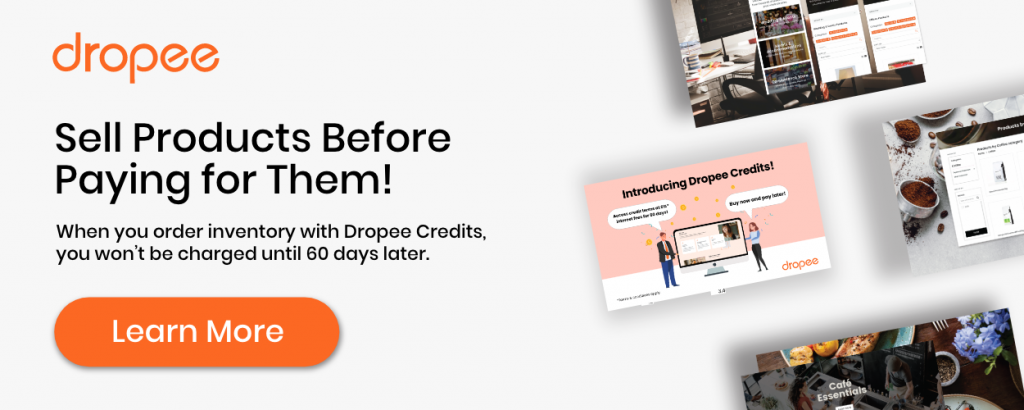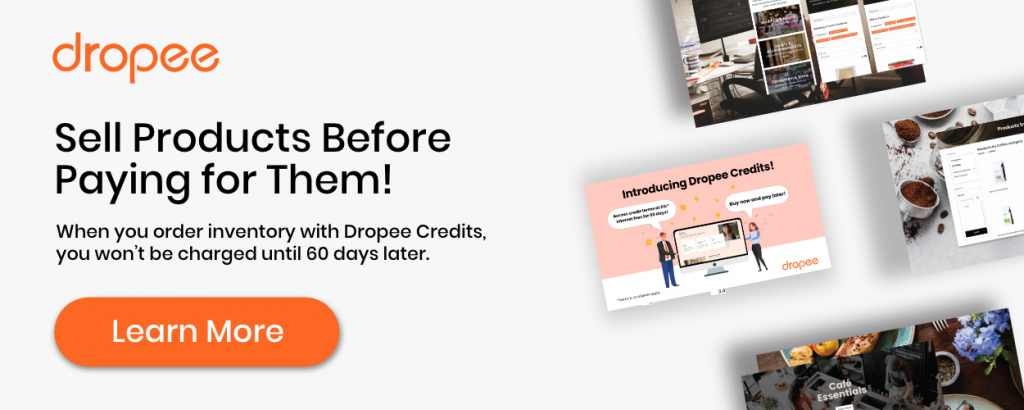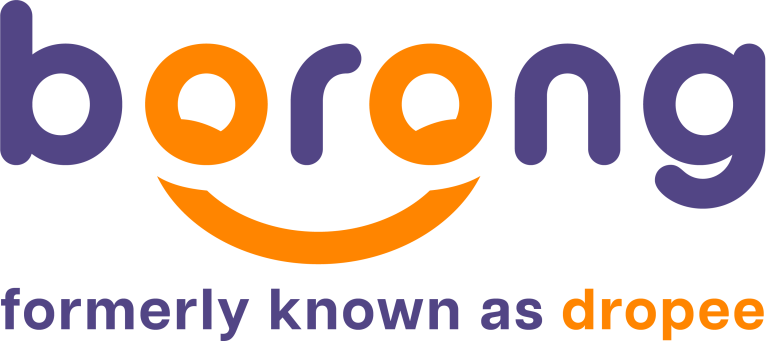As a business owner yourself, you’d know an element of running a successful business is maintaining a positive cash flow.
But for SMEs in the midst of growth, generating a consistent cash flow can be challenging. This is often due to the debt incurred during the early stages of growth and the cash that is needed to sustain operations.
However, there is a growing number of financing options that are being offered to support up-and-coming businesses in their ventures!
One of the most popular ones is credit terms.

What are Credit Terms?
Credit terms refer to an agreement where buyers purchase and make the payment at a later date. Also known as trade credit, businesses purchase the products they need with a payment date ranging between 30 to 90 days.
How Do Credit Terms Work?
Here’s an example to better define credit terms and understand how they work.
LoCafe -a business selling artisan coffee beans and brewing supplies- purchases RM20,000 worth of products on credit from their supplier to restock their store inventory. According to the supplier’s payment terms, they are granted credit terms 2/10 n/30. What this means is that LoCafe has a net 30 days from the date of the invoice issued to settle their payment of RM20,000. However, if they make their payment within 10 days, they will be given an additional 2% discount on the goods purchased.
In summary, some of the defining features of credit terms are:
- An interest-free, short-term loan offered by suppliers to their customers during the purchase of goods and services.
- Goods and services are delivered immediately while payment can be made at a later date.
- Payment date, discounts for early payment or any additional terms will be based on the set agreement.
What are the Types of Credit Terms Available?
Three of the most commonly used credit terms include trade acceptance, open account and promissory note.
Trade acceptance: An official document is drafted between the supplier and buyer confirming their agreement to the sale terms listed in the document. The supplier is responsible for drawing up the document prior to delivery, and once signed, the trade acceptance is confirmed. The supplier will then arrange for delivery of the products.
Open Account: The buyer to receive their items and make payment at a later date specified in the invoice without any formal documentation.
Promissory Note: A document that is issued by the buyer to request for an extension of the payment date for an existing open account.
How Credit Terms Help SMEs
Credit terms help businesses greatly, especially for small businesses or young startups. This is further fuelled by the impact of the Covid-19 pandemic, where raising capital and securing business loans can prove to be even more of a struggle.
Sell Now, Pay Later
With credit terms, small companies can purchase inventory and keep their doors open for business – while still having enough time to make sales before having to pay their suppliers.
Keep Business Running with Less Pressure
Trade credits also mobilise businesses to continue running with minimum pressure on their cash flow. As mentioned, credit terms can be regarded as an interest-free loan. This allows businesses to temporarily hold on to cash while providing them access to capital. Instead of dipping into their cash reserves to obtain stock, businesses can generate sales and profit before paying off their invoice.
Easy Preparation for Peak Months

Vendor credit lines can be a huge advantage as businesses may still be recovering their cash flow after slower months. By not having to make any upfront payments, businesses have more freedom to replenish their inventory by placing larger orders for busy selling periods, such as the festive season. Credit terms can empower them to purchase enough stock in preparation for peak sales seasons and become more liquid.
A Pathway to Building Better Trust
Suppliers may choose to offer additional discounts to buyers who have a consistent record of making early payments. This can be a good way for business owners to build a healthy relationship with their supplier and get access to exclusive perks that might include discounts on bulk purchases, exclusive access to selected products and services and more.
Demonstrating your business’ ability to be a consistent and dependable payer establishes your position as a valuable customer. This makes you a preferred customer, which means it’s easier to get recommendations and new connections. This comes in handy when bidding for goods and services as suppliers are more likely to choose businesses they trust.
With that Said…
While there are various benefits that come with credit terms, it remains important to recognise their accompanying drawbacks to ensure businesses are fully informed. Knowing this lets business owners take the necessary measures to protect themselves and their supplier relationships to avoid future complications.
Buyers should be prepared for the potential penalties that can come with late payments. While trade credit can be effectively paid off without interest, it can quickly lead to significant penalties and debts if your business is unable to pay the supplier on time.
Making late payments can also damage your credit rating and make it difficult for you to apply for a business loan. After all, poor credit rating negatively impacts the amount of interest you’ll be required to pay.
The Biggest Challenge
However, it can be difficult for small businesses and startups to get trade credits in the first place. As suppliers traditionally prefer to offer credit terms to larger businesses and chains with historical evidence of profit, it takes time for suppliers to warm up to new players. In other words, businesses must first establish themselves before suppliers consider them for trade credit.
This in itself can be a challenge as SMEs often don’t even have enough documentation to begin with. As most small businesses still rely on outdated methods to obtain and track their data, the results can often be inconsistent, unreliable and lacking in transparency. This makes it difficult for them to get the financial assistance they need.
Dropee recognises this – which is why we’re partnered with various financial institutions, like UOB, to offer credit terms to SMEs. We want to create a more democratised trading space for businesses of all sizes to participate.
This is where Dropee Credit comes in.
Dropee Credit for Buyers Now Available!

Whether it’s through our tech solutions or our online marketplace, our goal here at Dropee is to continuously innovate the ways in which we support homegrown Malaysian businesses. And our recently launched Dropee Credit is no different!
With Dropee Credit, you only pay 60 days after, which means you can start selling your products and earn. This means you will have more cash-in-hand to grow and sustain your business.
To sweeten the deal, Dropee Credit doesn’t charge any interest fee – as long as you pay back on time! For businesses keen on signing up for Dropee Credit, visit our page here to apply!


